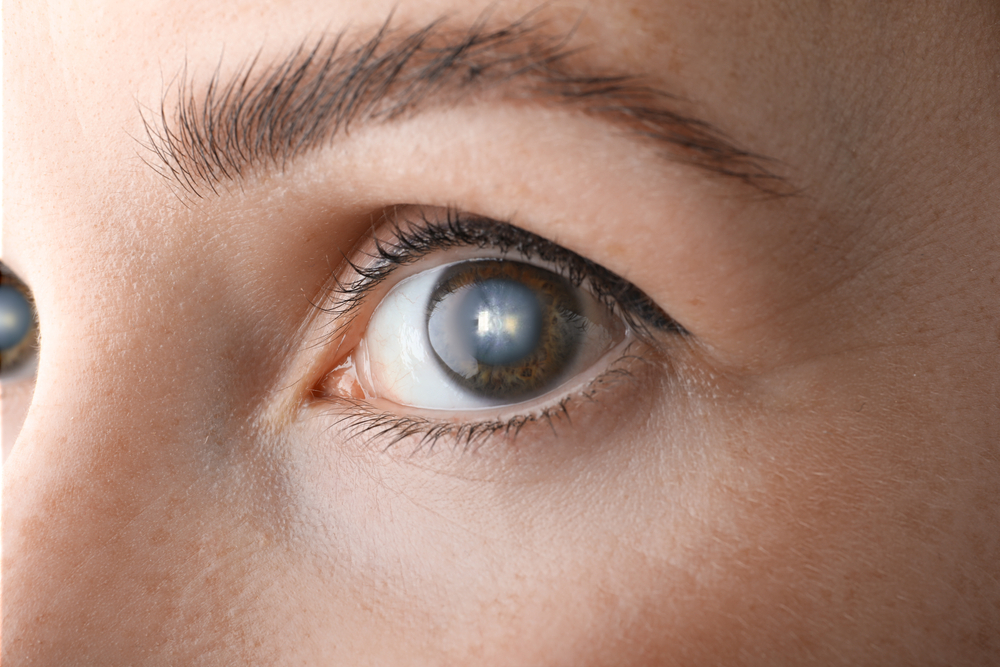
Vision is a crucial aspect of your quality of life, and taking steps to protect it is vital. Cataracts are a common eye condition that can diminish your vision over time. They are a clouding of the lens in your eye, which leads to a decrease in vision. This lens works much like a camera lens, focusing light onto the retina for clear vision. Over time, the proteins in the lens can clump together, causing the clouding effect known as cataracts.
How Do Cataracts Develop?
Cataracts can arise from a variety of causes, and understanding them can help you take proactive measures for your eye health. Age is the most common factor, as the natural aging process leads to changes in the eye's lens. However, other causes include genetic disorders that can cause lens cloudiness from birth, medical conditions such as diabetes, or the use of certain medications, particularly corticosteroids. Additionally, a previous eye injury or surgery can also increase the risk of developing cataracts.
Environmental factors play a role too. Prolonged exposure to ultraviolet sunlight without proper eye protection can accelerate the formation of cataracts. Similarly, exposure to radiation or even simple lifestyle choices like smoking and excessive alcohol consumption can contribute to the development of this condition.
Strategies for Delaying Cataract Development
While it's not possible to completely prevent cataracts, there are several strategies you can employ to delay their development. One of the most effective measures is protecting your eyes from the sun. Wearing sunglasses that block out 100% of UVA and UVB radiation can help protect your eye's lens from the harmful effects of UV light. Make it a habit to put on your sunglasses every time you step outside, regardless of the weather or season.
Maintaining a healthy diet is another powerful tool in your cataract prevention arsenal. Eating a variety of colorful fruits and vegetables can provide your body with the antioxidants it needs to combat the free radicals that contribute to cataract formation. Nutrients such as vitamin E, found in nuts and seeds, and omega-3 fatty acids, found in fish, can also support eye health.
In addition to diet and sun protection, managing other health conditions is crucial. If you have diabetes or other health conditions that can affect your eyes, managing them with the help of your healthcare provider is key. High blood sugar levels can damage the delicate vessels in your eyes, leading to cataracts, so keeping your diabetes under control can directly impact your eye health.
The Role of Regular Eye Examinations in Cataract Prevention
Regular eye examinations are an essential part of maintaining your overall eye health and can play a significant role in the early detection and prevention of cataracts. Optometrists can spot the early signs of cataract development long before you might notice any changes in your vision. These exams become increasingly important as you age, particularly after you reach the age of 40, when the risk of cataracts begins to rise.
During an eye examination, your eye doctor will perform various tests to check the health of your eyes. These tests can detect not only cataracts but also other eye conditions that may be developing without your knowledge. Early detection of any eye disease is crucial for treatment and can help to preserve your vision.
Protecting Your Vision
Protecting your vision from cataracts is a lifelong commitment that requires awareness and action. By understanding the causes of cataracts and the link between age and cataract development, you can take proactive steps to protect your vision. Lifestyle factors play a significant role, and by making informed choices, you can potentially delay the onset of cataracts.
For more information on how to protect your vision or to schedule an eye examination, contact Drs. Stein and Goldschneider at our office in Blackwood, New Jersey. Call 856-408-1800 to book an appointment today.





